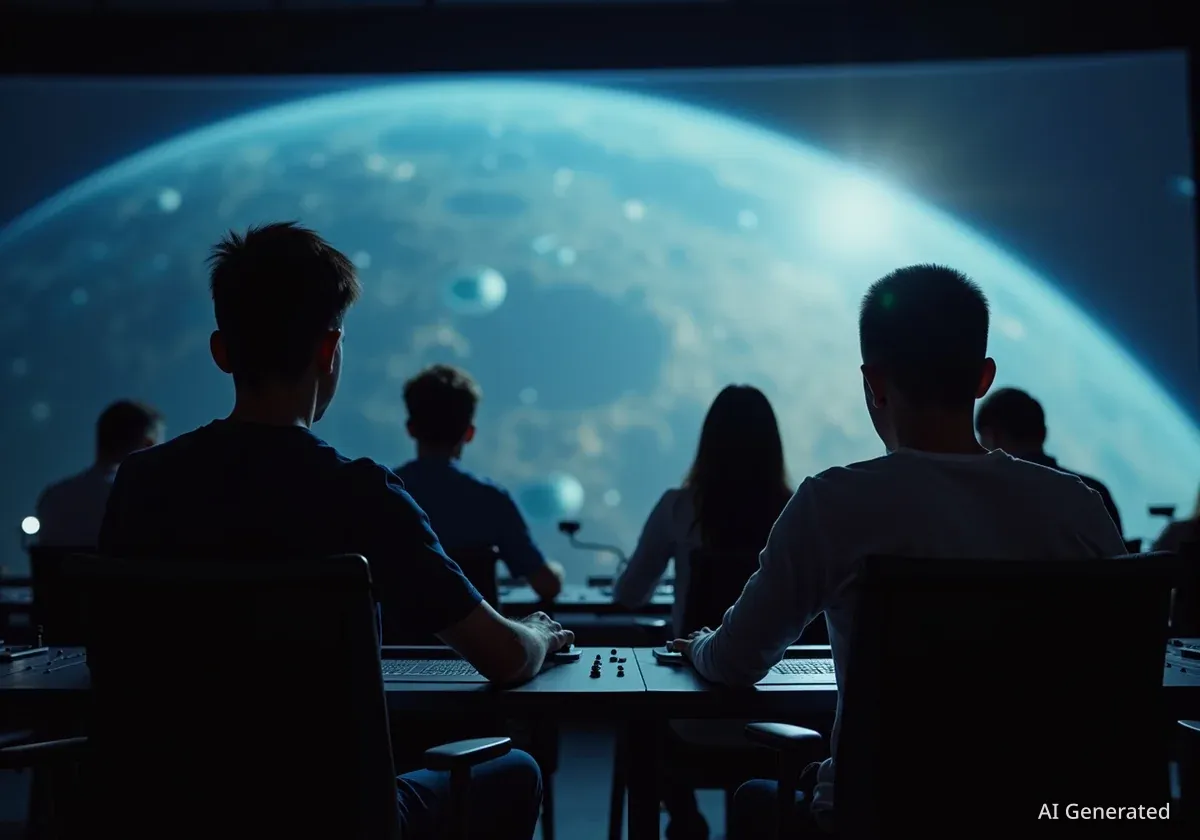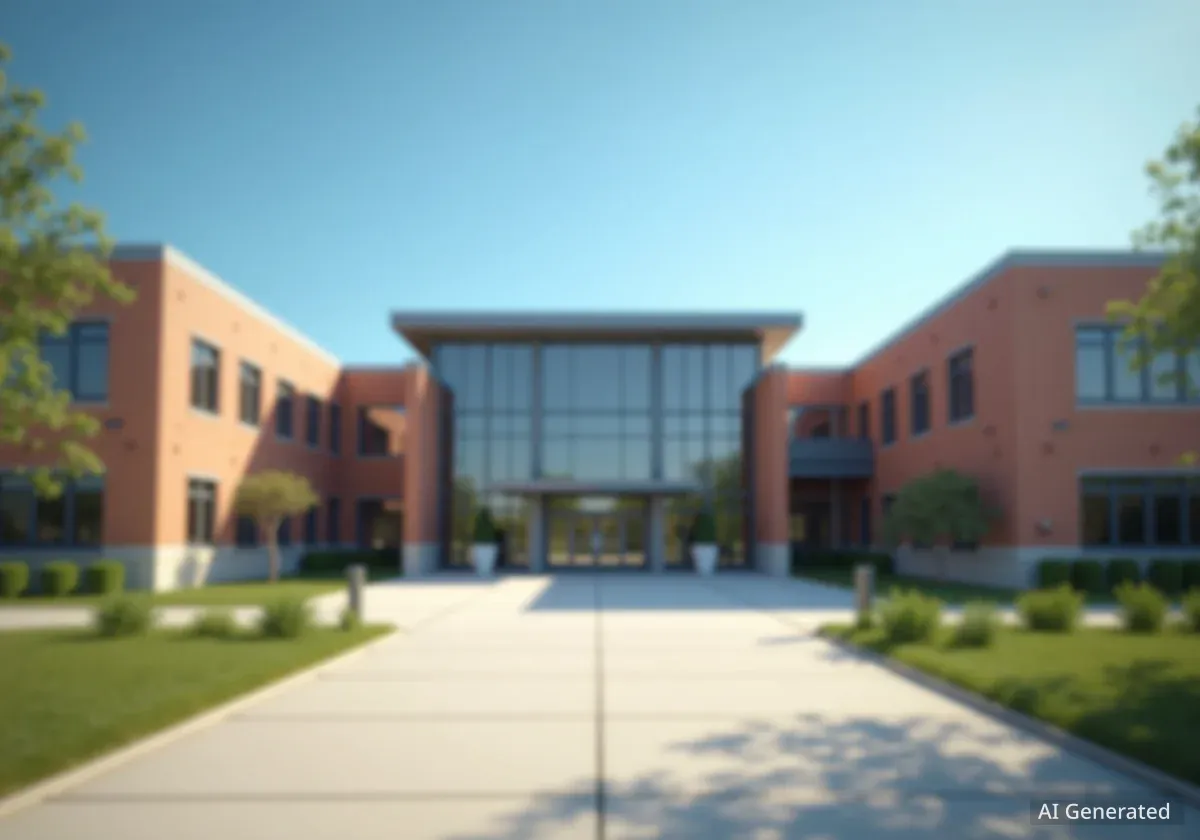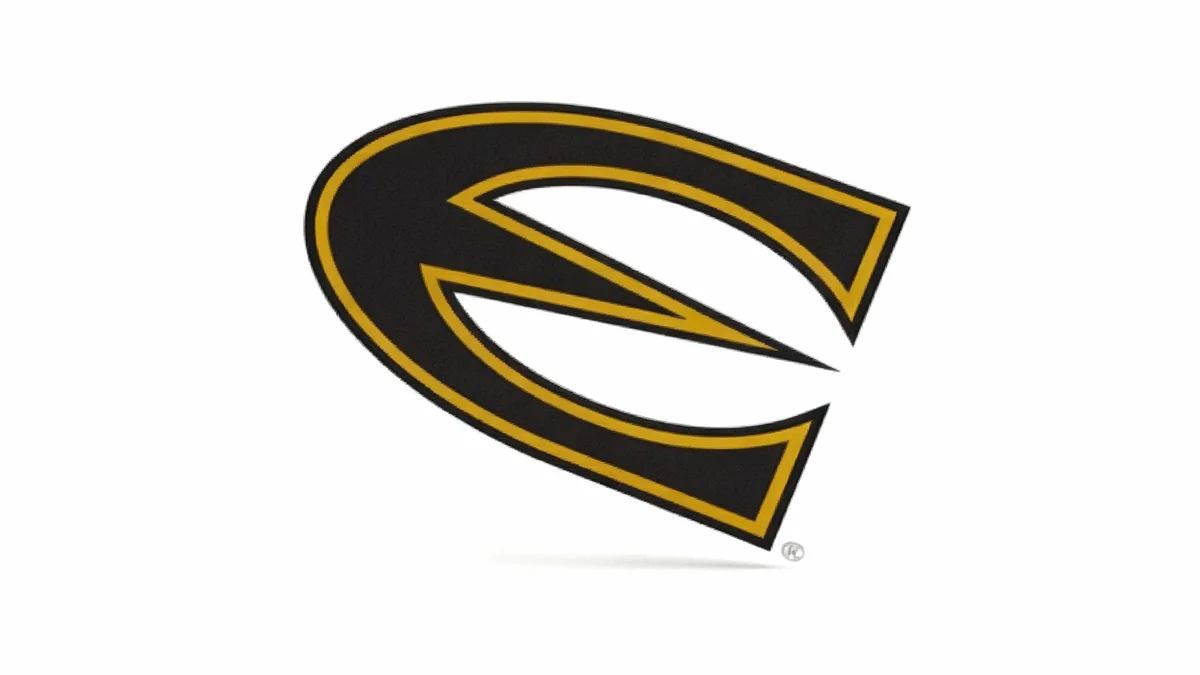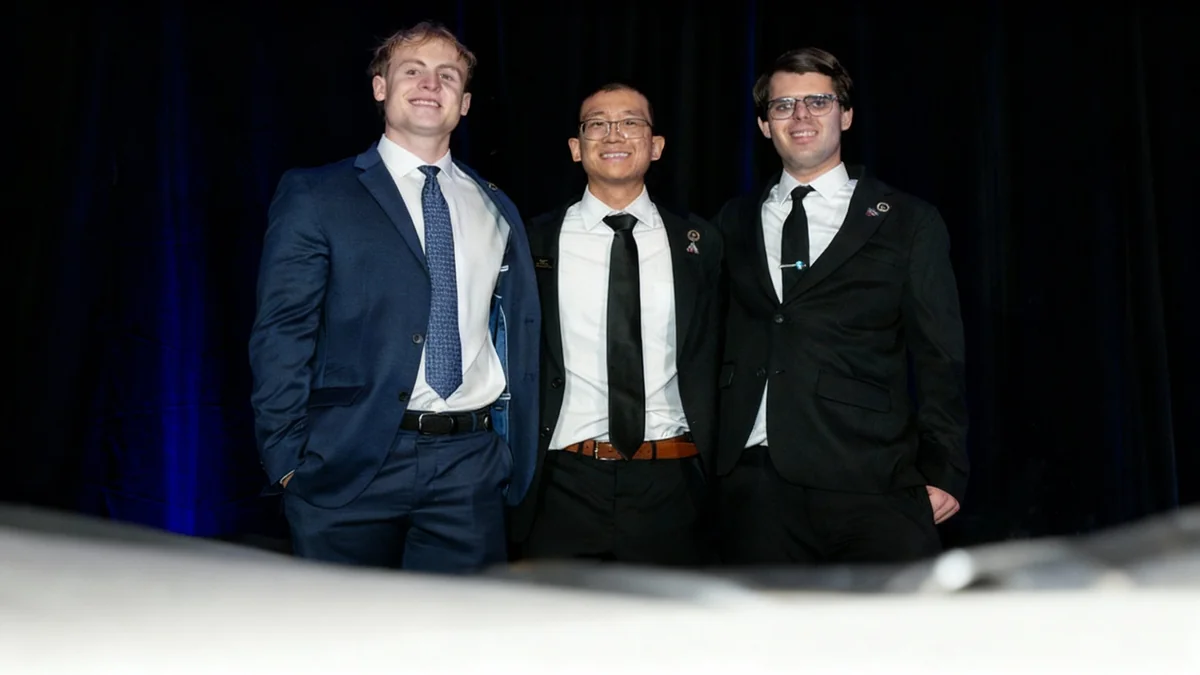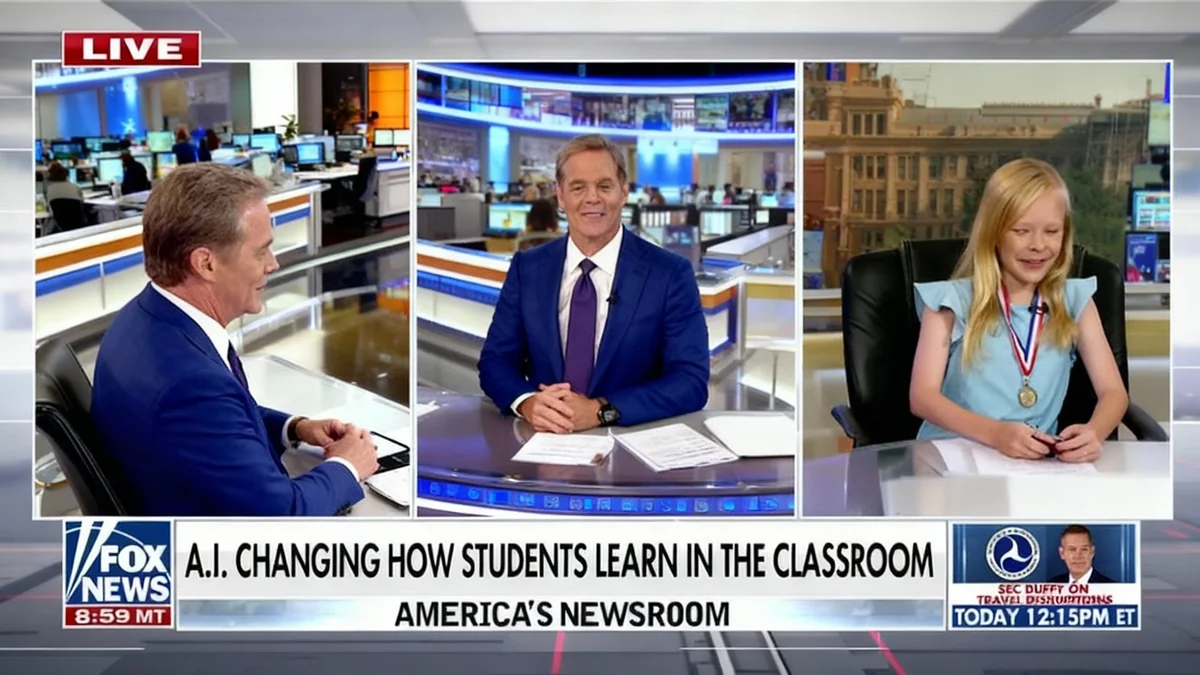The U.S. Space & Rocket Center in Huntsville, Alabama, is currently hosting its 35th annual Space Camp for Interested Visually Impaired Students (SCIVIS). This year's program has brought together more than 140 students with varying degrees of visual impairment from across the globe for a week of immersive, hands-on science and technology education.
Participants engage in a specially adapted curriculum that includes simulated space missions, astronaut training exercises, and aviation challenges, designed to make STEM fields accessible to all learners. The program emphasizes tactile learning and social development, creating a unique environment for students to connect with peers who share similar experiences.
Key Takeaways
- Over 140 students are attending the 35th annual SCIVIS program at the U.S. Space & Rocket Center.
- Participants come from 31 U.S. states and eight countries, demonstrating the program's international reach.
- The camp adapts all activities, including simulators, for students who are blind or visually impaired, focusing on hands-on learning.
- Since its inception, SCIVIS has provided this specialized camp experience to nearly 5,000 students.
- A major goal of the program is to foster social connections among students who may be isolated in their home communities.
An International Cohort in Huntsville
This week, the U.S. Space & Rocket Center has become a global meeting point for young science enthusiasts. The SCIVIS program's 2025 session includes a diverse group of over 140 students, highlighting the event's significant international appeal. The students represent a broad geographic area, traveling from 31 different states within the U.S.
Beyond national borders, the camp has welcomed participants from eight countries: Australia, Belgium, Canada, Costa Rica, Israel, Liberia, and Romania. The program also hosts a delegation from the Menominee Nation of Wisconsin, further underscoring its commitment to inclusivity.
A Legacy of Accessibility
Now in its 35th year, the SCIVIS program has a long history of breaking down barriers in STEM education. Over more than three decades, the initiative has successfully made the world-renowned Space Camp and Aviation Challenge programs accessible to almost 5,000 students with visual impairments from around the world. This long-standing commitment has established the program as a leader in adaptive educational experiences.
Adapting the Final Frontier
The core of the SCIVIS program lies in its innovative approach to adapting complex scientific and technical activities for learners who cannot rely on sight. Coordinators from SCIVIS collaborate closely with the U.S. Space & Rocket Center staff to modify every aspect of the camp experience. This ensures that students who are blind or have low vision can fully participate in all activities.
The modifications are comprehensive, covering everything from mission control panels to physical training simulators. The goal is to translate visual information into tactile or auditory cues, allowing students to engage with the material on an equal footing with their sighted peers. This includes the full range of simulations offered at the center.
The Power of Tactile Learning
According to SCIVIS Coordinator Dan Oates, the hands-on nature of Space Camp is what makes it a perfect fit for students with visual impairments. The program's design allows participants to touch, feel, and interact directly with the equipment and models.
"Space Camp is hands-on. That’s the thing that blind kids excel at. If they can get their hands on it, then they can learn it better, and this is what Space Camp does. It’s the perfect setting for us," Oates explained.
This tactile methodology is applied across a wide array of challenging and exciting activities. Students are not observers; they are active participants in everything the camp has to offer, including:
- Simulated Space Missions: Working together in roles like mission commander, pilot, and flight engineer.
- Astronaut Training Simulators: Experiencing simulations of microgravity and other space conditions.
- Aviation Challenge: Learning the principles of flight through adapted simulators and exercises.
- Physical Challenges: Participating in activities like SCUBA diving and a high ropes course, which are modified for safety and accessibility.
Fact Sheet: SCIVIS 2025
- Event: Space Camp for Interested Visually Impaired Students (SCIVIS)
- Duration: One week
- Location: U.S. Space & Rocket Center, Huntsville, Alabama
- Participants: 140+ students
- Representation: 31 U.S. states, 8 countries, and the Menominee Nation
More Than a Camp: A Community
While the educational component is central to SCIVIS, program organizers highlight that the social impact is equally profound. For many attendees, the camp is a rare opportunity to meet other young people with visual impairments. This shared experience creates a powerful sense of community and belonging.
Dan Oates emphasized the importance of this social interaction, noting that many students come from environments where they feel isolated.
"The social interaction between children who may have not met another blind kid before, because a lot of the time, these kids are isolated. They may be the only student in their school who has a visual impairment," Oates said. "To come here and socialize and work together is very, very powerful."
This community-building aspect helps students develop confidence, form lasting friendships, and build a support network that extends long after the camp week concludes. The collaborative nature of the missions and challenges requires teamwork, communication, and mutual trust, reinforcing these vital social skills.
A Continuing Mission for Inclusive Education
As SCIVIS celebrates its 35th year, its mission remains as critical as ever. By adapting a premier STEM program for a specific audience, it demonstrates that with the right approach, interest in science and space exploration can be fostered in any student, regardless of physical ability.
The program not only educates its participants about space but also inspires them to pursue careers in science, technology, engineering, and math. The immersive, hands-on experience proves that visual impairment is not a barrier to understanding or contributing to these complex and exciting fields. The continued success and global reach of the camp serve as a model for inclusive education worldwide.

